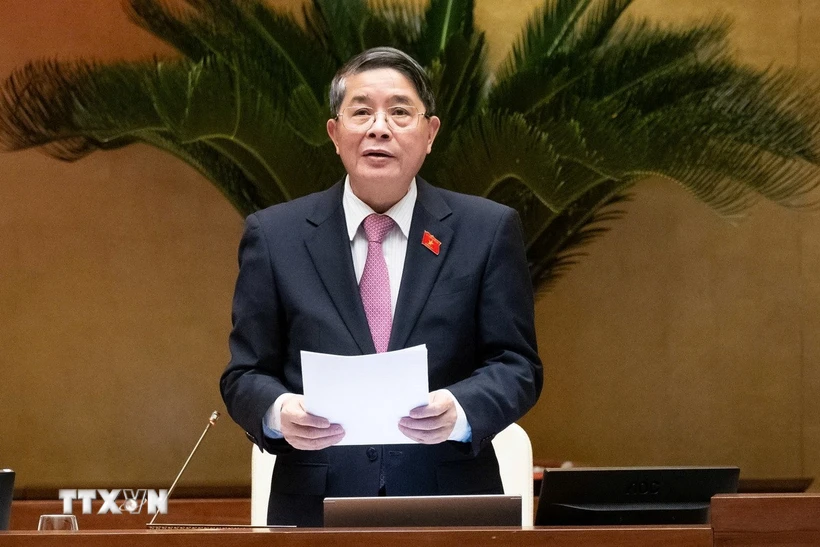 Vice Chairman of the National Assembly Nguyen Duc Hai speaks. (Photo: Doan Tan/VNA)
Vice Chairman of the National Assembly Nguyen Duc Hai speaks. (Photo: Doan Tan/VNA)
On the afternoon of February 15, continuing the program of the 9th extraordinary session, the National Assembly discussed in the hall the investment policy for the Lao Cai-Hanoi-Hai Phong railway construction project; the draft resolution on piloting a number of specific and special mechanisms and policies to develop the urban railway network system in Hanoi and Ho Chi Minh City.
Promote decentralization in project implementation
These projects are expected to create the premise and driving force for national development, enhance national competitiveness, and restructure transportation in the direction of maximizing the advantages of each mode.
Speaking at the conference, Minister of Transport Tran Hong Minh said that with specific policy mechanisms for urban railway development, the public transport model (TOD) is of great interest to effectively exploit land funds, helping to stabilize people's lives and the environmental landscape.
Regarding some proposals on procedures and policies on investment policies for projects, the Minister said that according to normal regulations, projects need to prepare pre-feasibility study reports, feasibility study reports, bidding, construction, and project implementation, which takes from 3-5 years, even 5 years in the two cities.
Therefore, if the city has to comply with procedural regulations, urban railway lines will not be able to be completed on time and as required, while construction needs are necessary, and projects are also qualified to determine scale, route direction, and balance capacity.
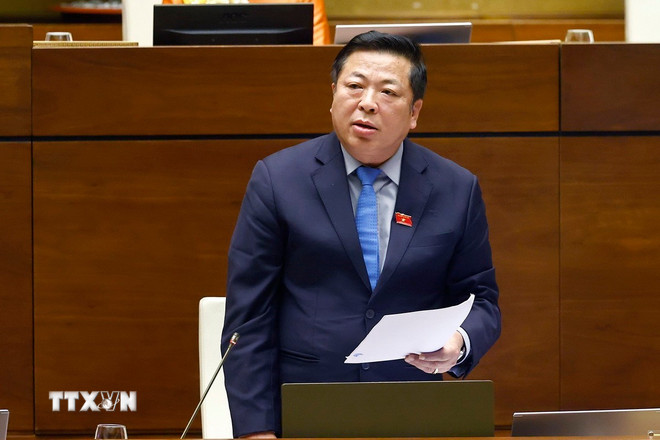 Minister of Transport Tran Hong Minh spoke to explain and clarify a number of issues raised by National Assembly deputies. (Photo: Doan Tan/VNA)
Minister of Transport Tran Hong Minh spoke to explain and clarify a number of issues raised by National Assembly deputies. (Photo: Doan Tan/VNA)
On that basis, the Minister said that decentralization and delegation of power will be promoted to shorten the time by 3-5 years, shorten the approval process according to the principle of local decision, local action and responsibility.
Commenting on the construction of railways and urban railways, some delegates suggested that it is necessary to clarify the technology transfer, operation and exploitation of the project after completion to avoid dependence on technology.
In addition, it is necessary to prioritize ordering and assigning tasks to domestic enterprises to participate in building roads, bridges and tunnels; producing rails and building train cars.
There will be a separate resolution on private economic development.
Speaking at the end of the National Assembly's discussion session on the afternoon of February 15 on the Supplementary Project on Socio-Economic Development in 2025 with the GDP growth target of 8% or more, Minister of Planning and Investment Nguyen Chi Dung said the Government sets the principle of rapid growth, but must be sustainable, ensure the environment, not push up inflation, and ensure major balances.
Regarding the advantages to achieve GDP growth of over 8% this year, Minister Nguyen Chi Dung mentioned the consensus of the political system and the strengthened trust of businesses and people.
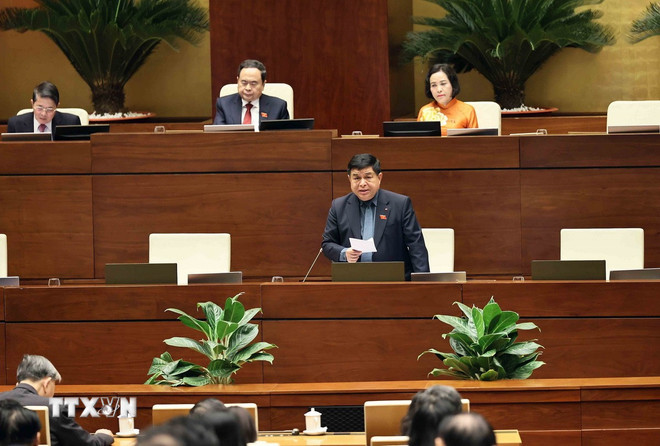 Minister of Planning and Investment Nguyen Chi Dung speaks. (Photo: An Dang/VNA)
Minister of Planning and Investment Nguyen Chi Dung speaks. (Photo: An Dang/VNA)
Along with that, new breakthrough regulations, promoting decentralization and delegation of power have been issued and put into practice; many long-standing bottlenecks have been basically removed; many strategic infrastructure projects have accelerated progress. New opportunities from free trade agreements. Currently negotiating with many markets, new FTAs. Shifting the global supply chain is an opportunity for Vietnam.
Faced with difficulties and complicated developments in the world, especially the impact of US policies, the Government is directing ministries and branches to proactively respond to US policies on Vietnam's economy.
In addition, backlog and stuck projects are being slowly resolved; human resource quality and labor productivity are difficult to change... are also difficulties that need to be further resolved.
Regarding solutions, the Minister said that the Government has identified 6 main groups of solutions, including short-term and long-term. Short-term solutions that need to be implemented immediately include perfecting the legal system to respond to the new situation; completing the organization and restructuring of the apparatus early and quickly without affecting the production and business of enterprises; developing new growth drivers (green economy, digital economy, circular economy, etc.).
The Minister said that the Prime Minister has directed ministries and branches that immediately after the National Assembly approves this project, the Government will hold a conference with localities to review and promote solutions to ensure that each locality achieves a growth target of over 8%.
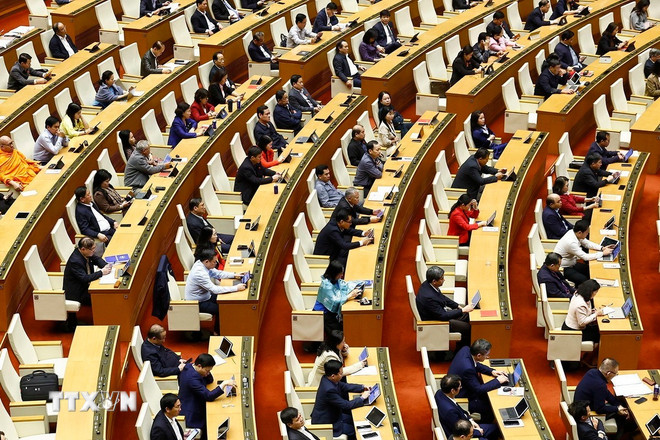 View of the meeting. (Photo: Doan Tan/VNA)
View of the meeting. (Photo: Doan Tan/VNA)
In addition, the Government will report to the Central Government to issue a separate resolution on private economic development, including business households, small and medium enterprises, and large-scale private enterprises with leadership capabilities.
In the long term, according to the Minister, we will continue to perfect the decentralization institution more thoroughly; effectively implement Resolution 57, promote high-quality human resources, and develop the private economic sector./.
(Vietnam+)


![[Photo] Spreading passion for science and technology in educational environment](https://vstatic.vietnam.vn/vietnam/resource/IMAGE/2025/4/27/059521b98e3847368f5ff4120460a500)
![[Photo] Ho Chi Minh City residents stay up all night waiting to watch the parade rehearsal](https://vstatic.vietnam.vn/vietnam/resource/IMAGE/2025/4/27/0c555ae2078749f3825231e5b56b0a75)
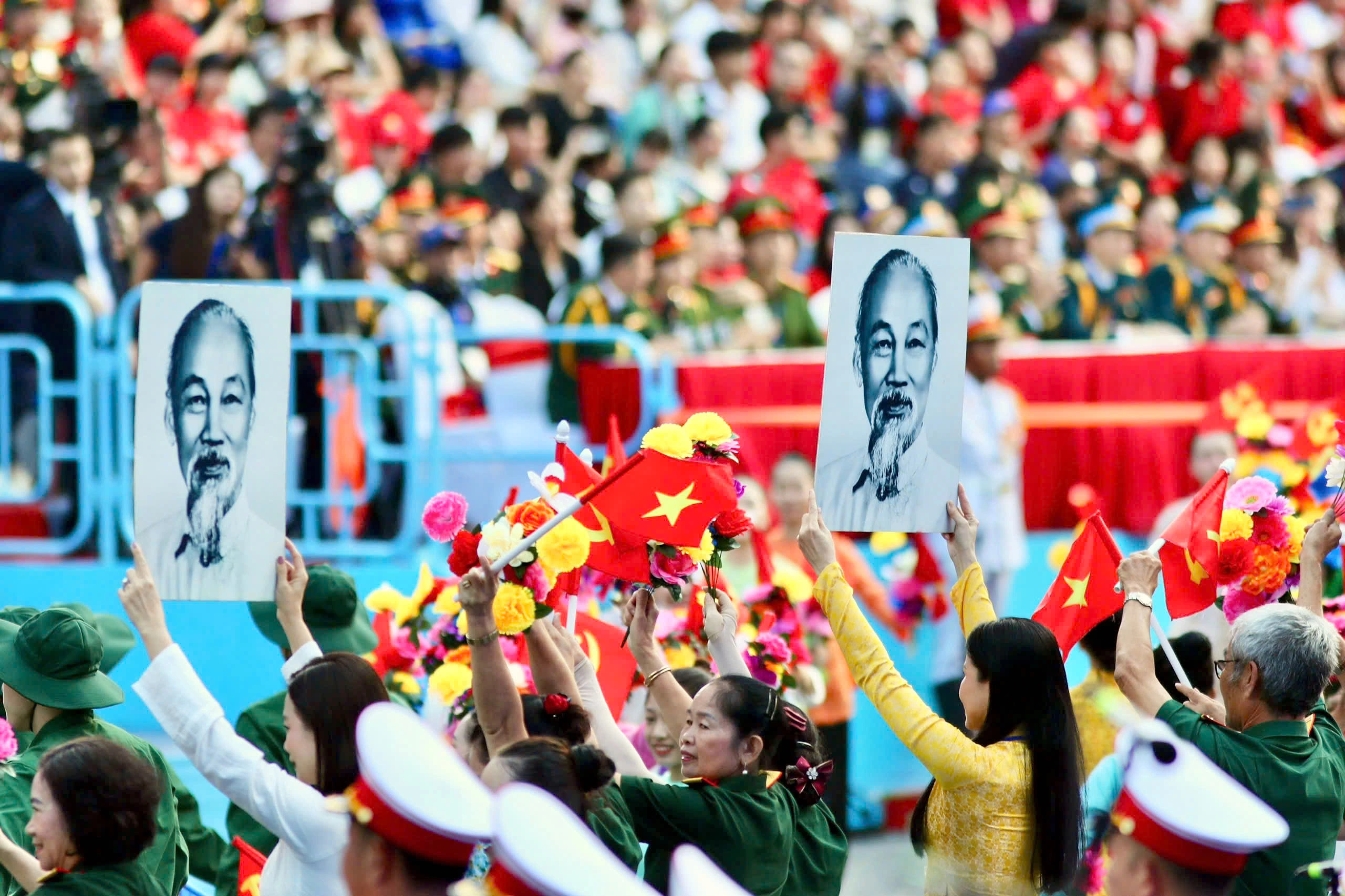



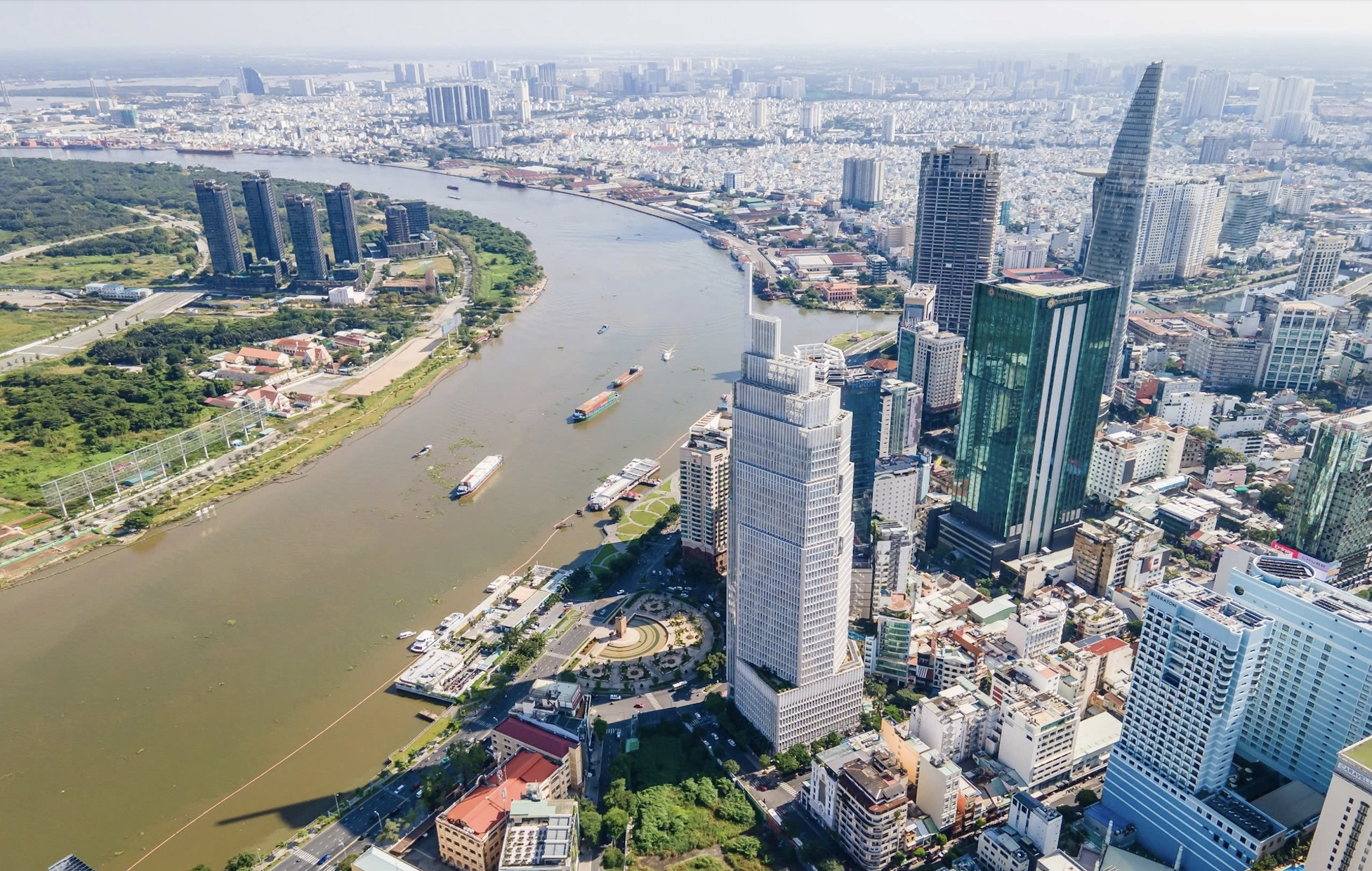

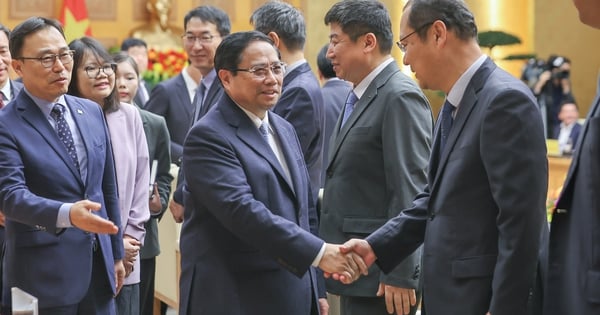

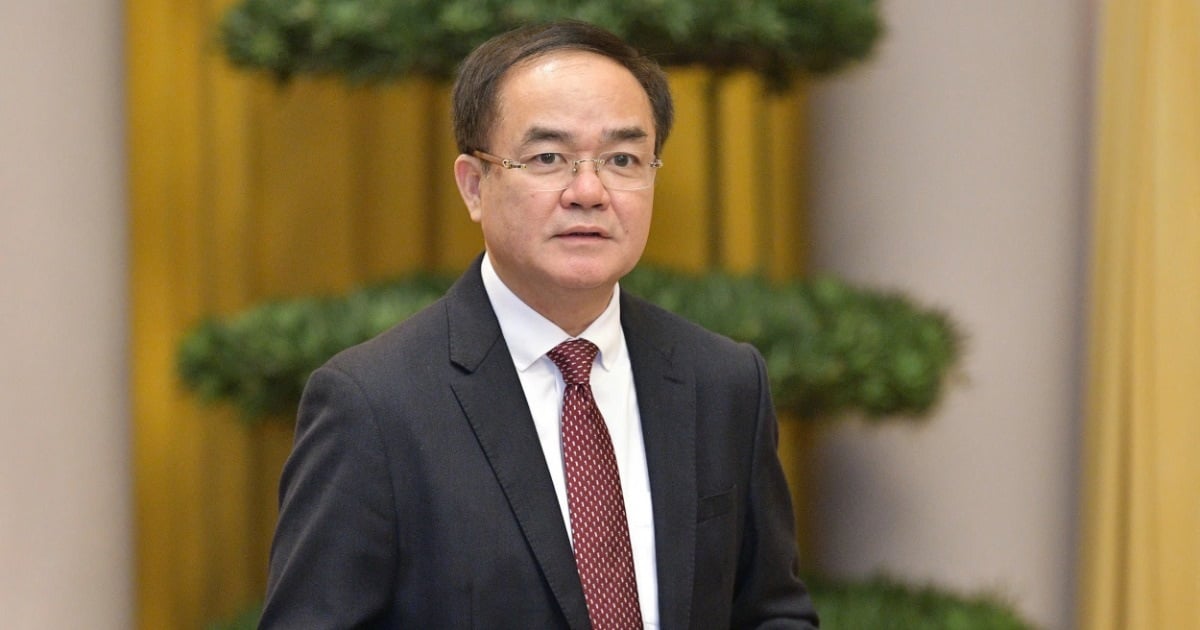
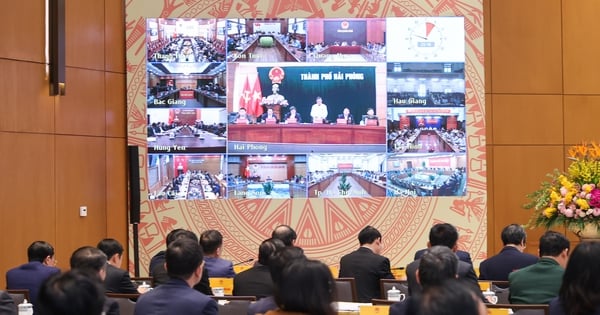

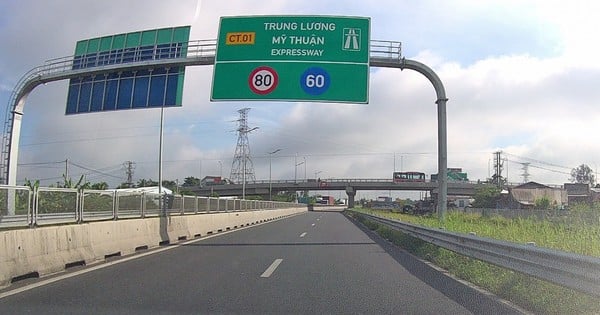

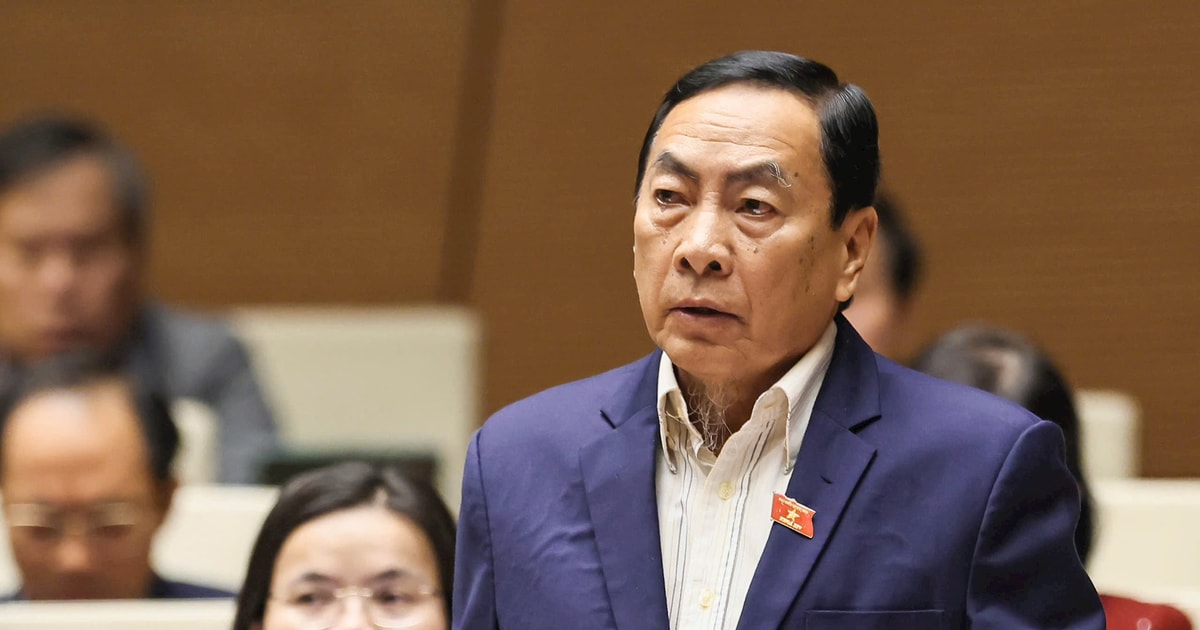


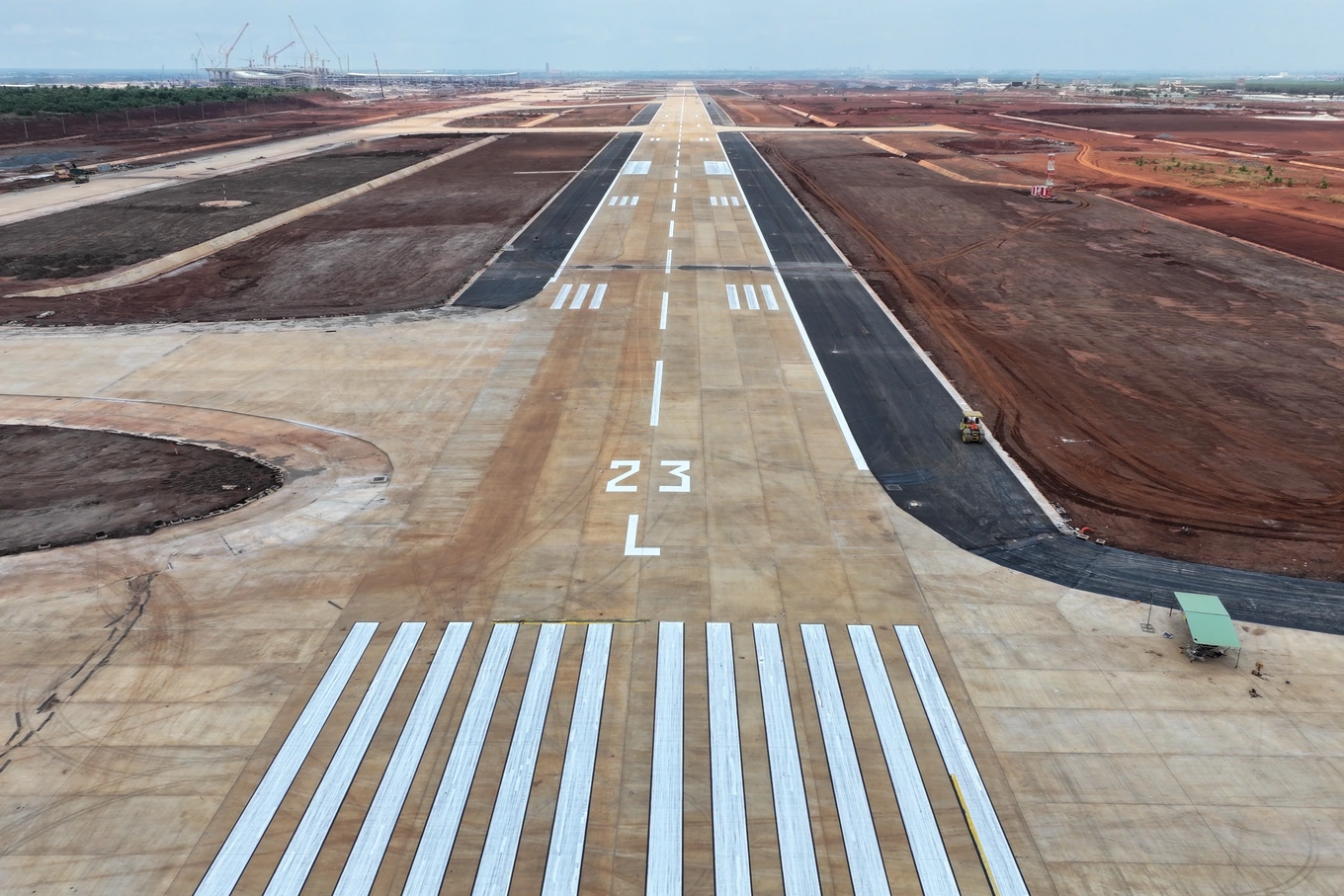
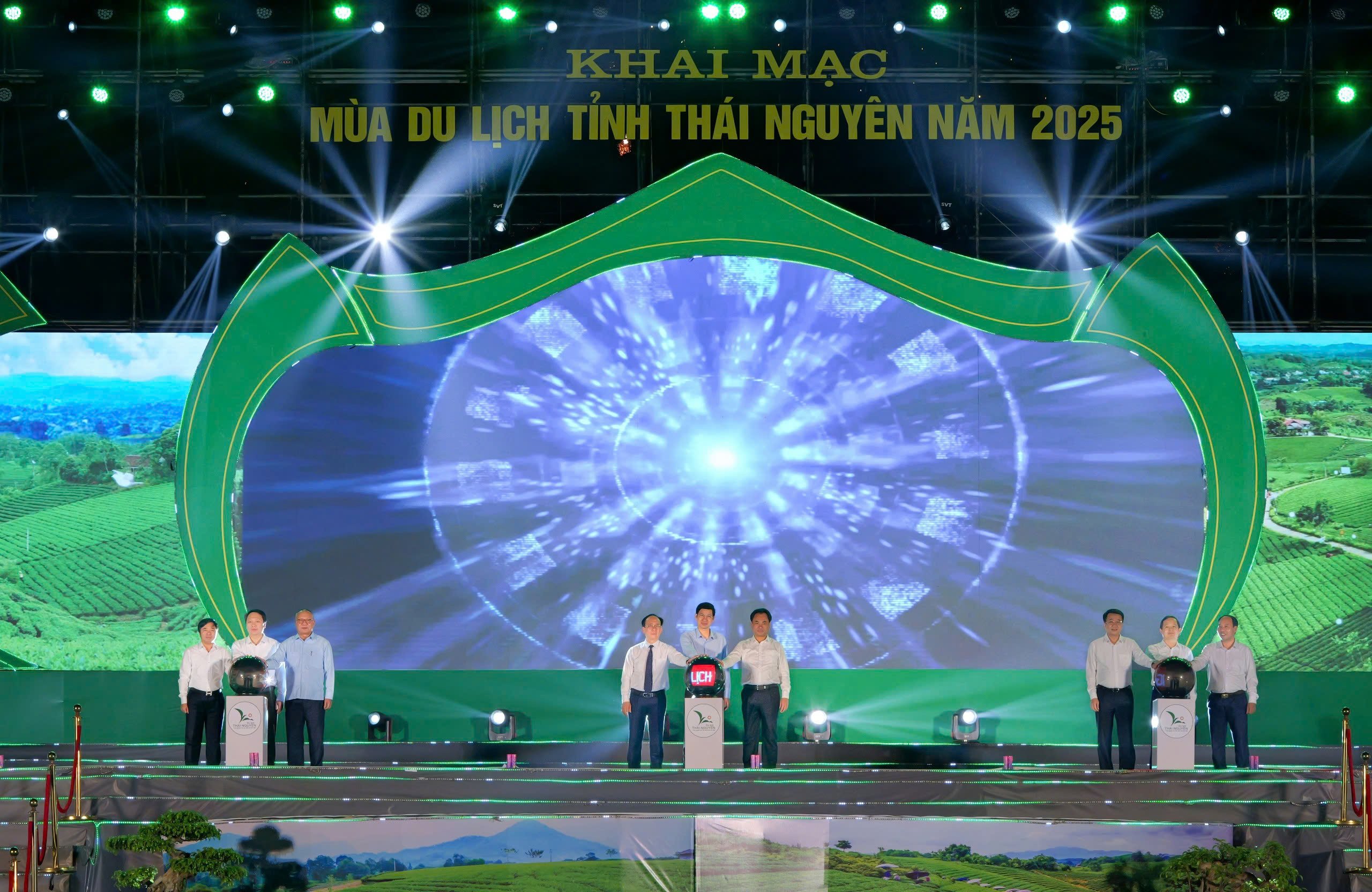
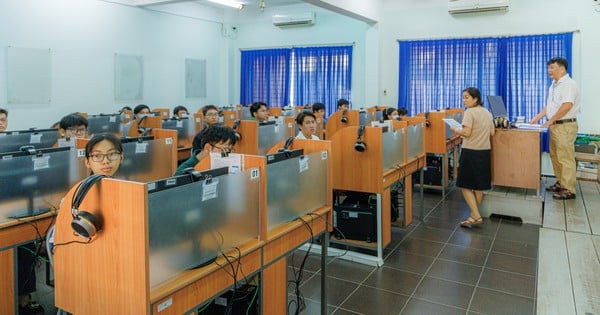
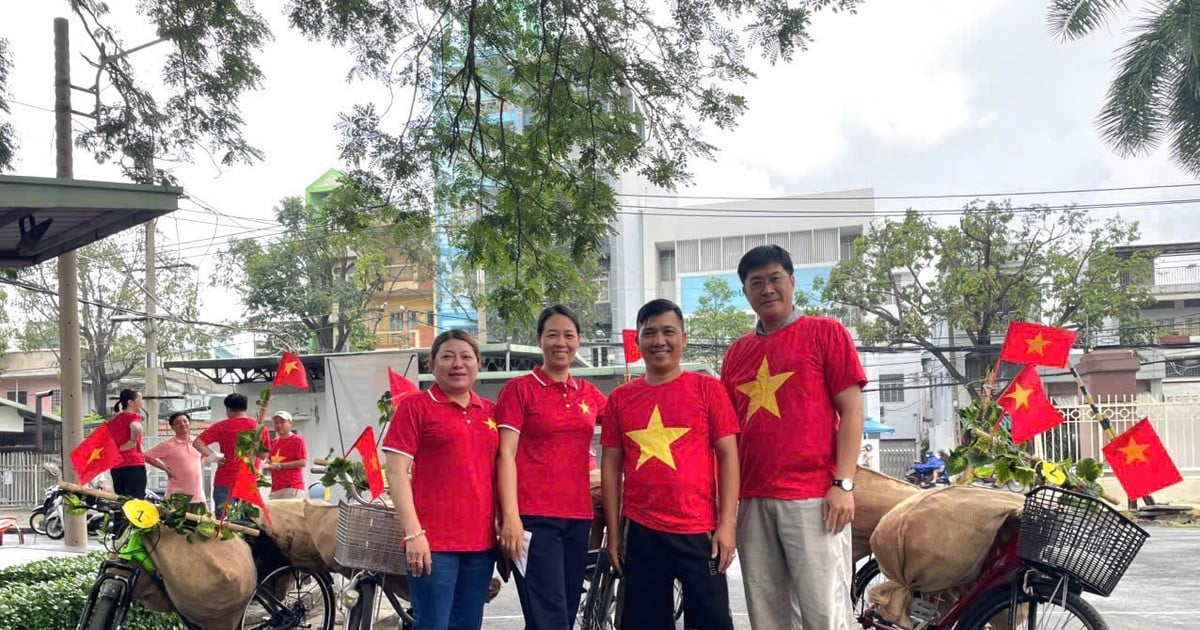


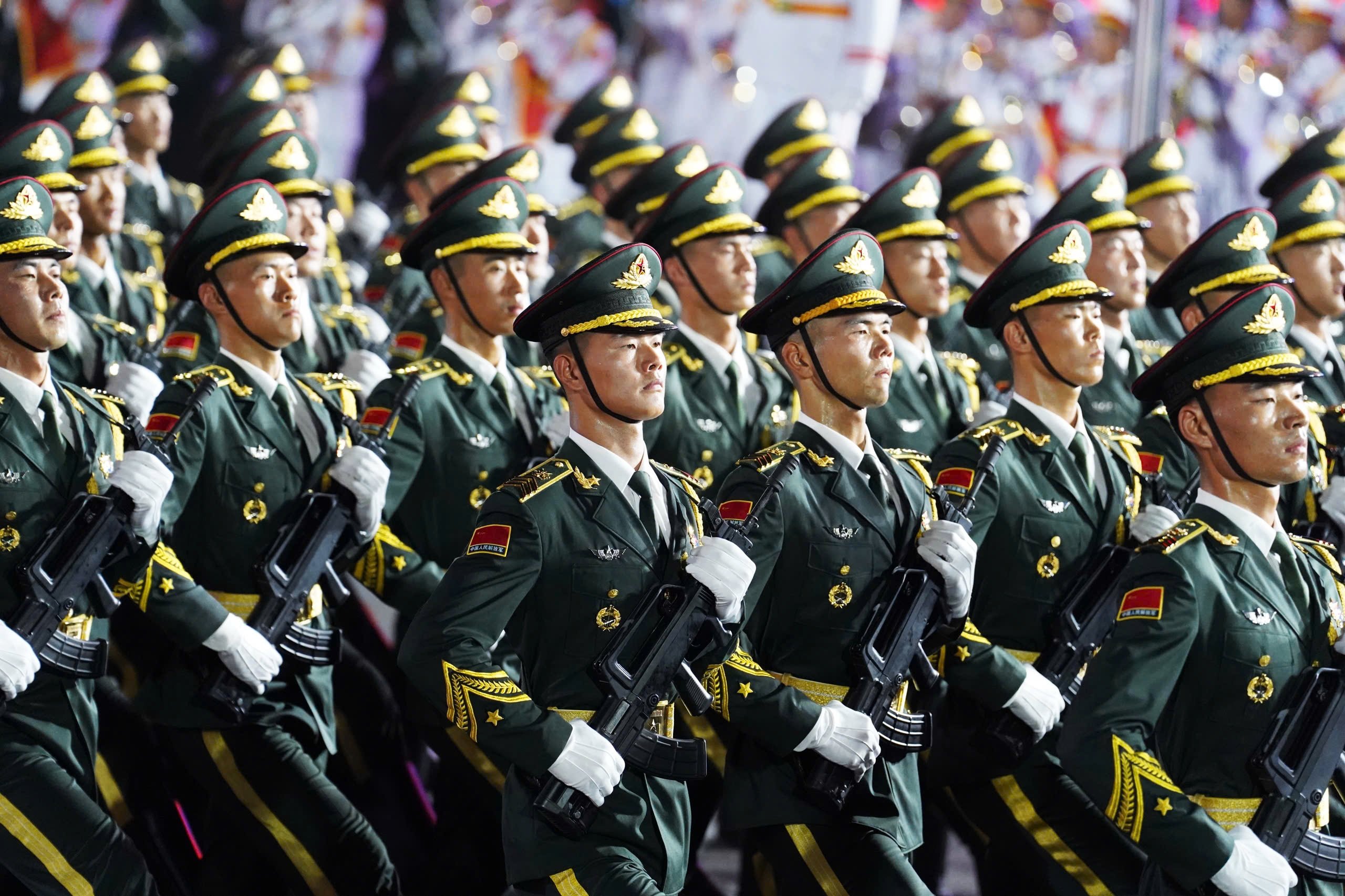




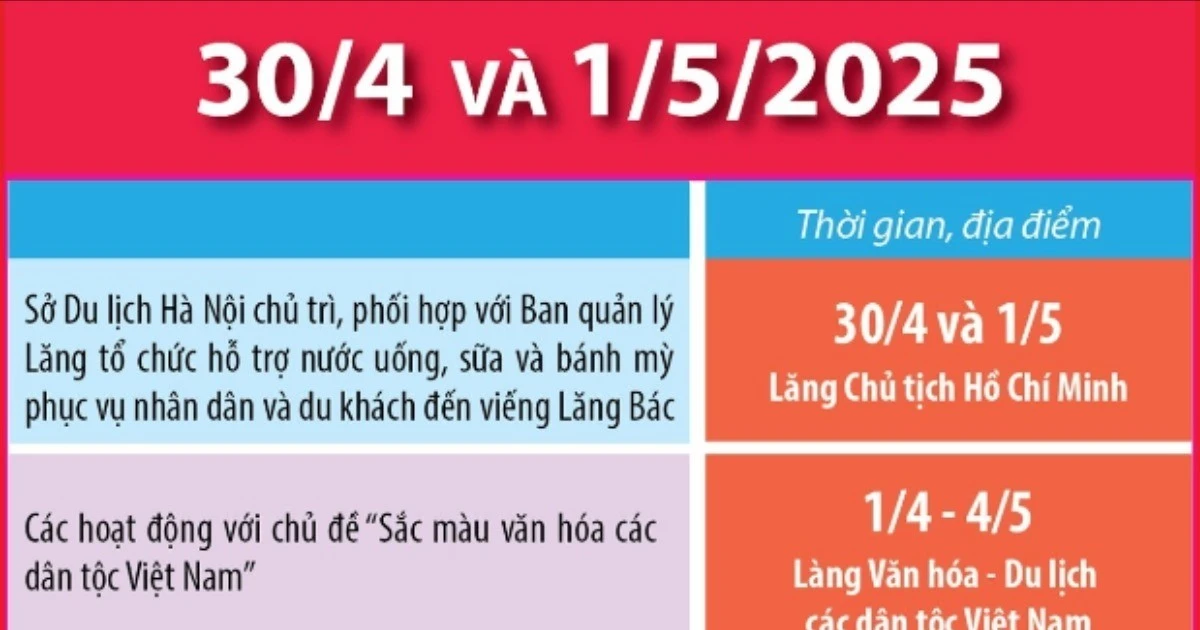

![[Photo] Young people line up to receive the special supplement commemorating the 50th anniversary of the Liberation of the South of Nhan Dan Newspaper](https://vstatic.vietnam.vn/vietnam/resource/IMAGE/2025/4/26/9e7e624ae81643eba5f3cdc232cd07a5)
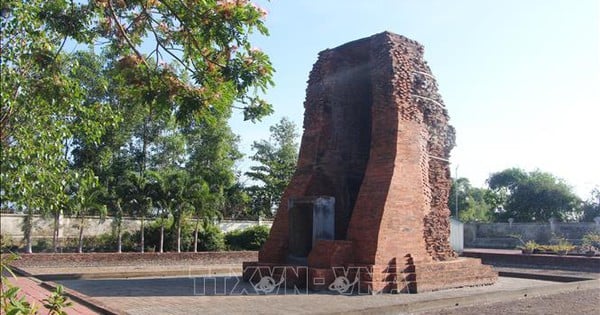

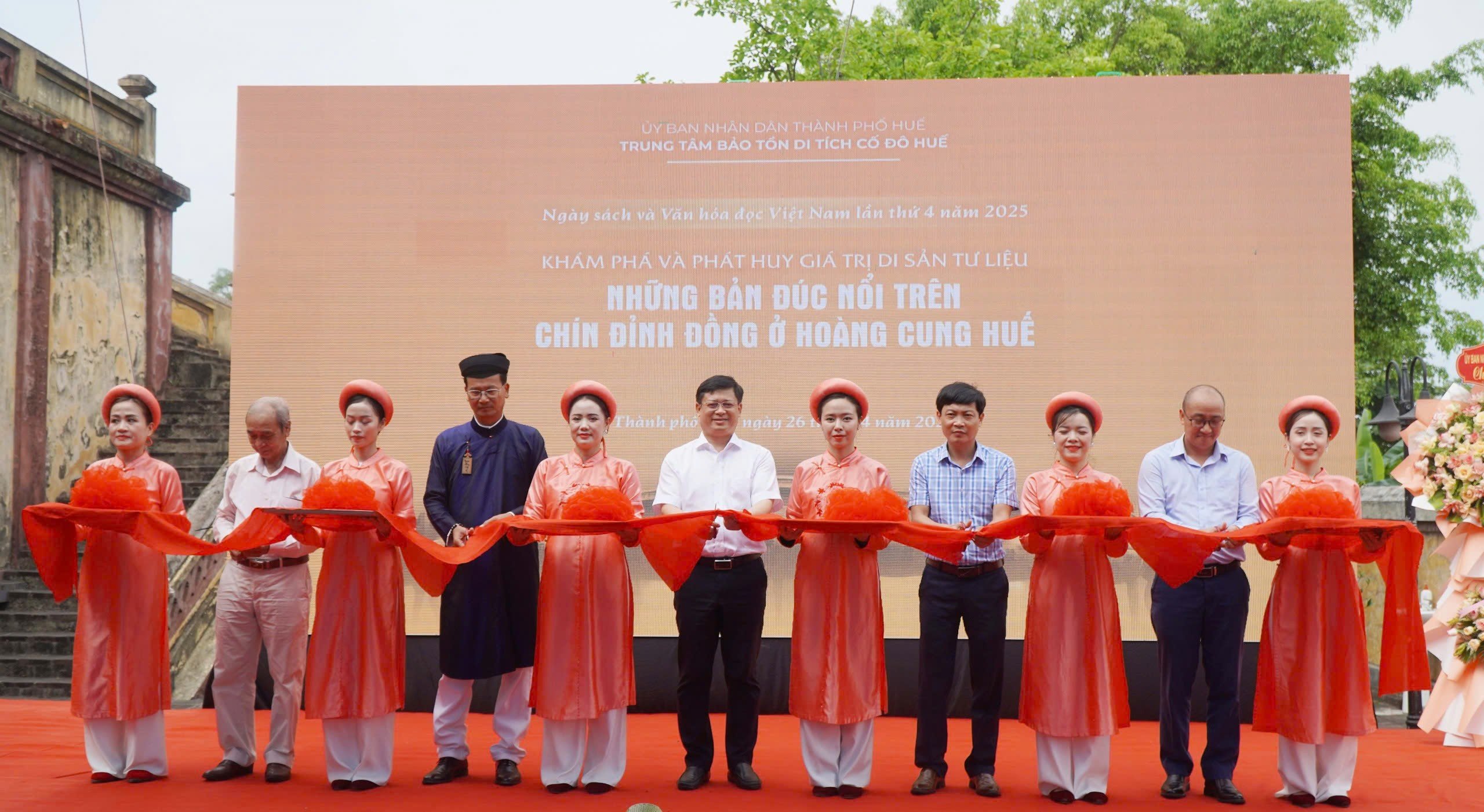







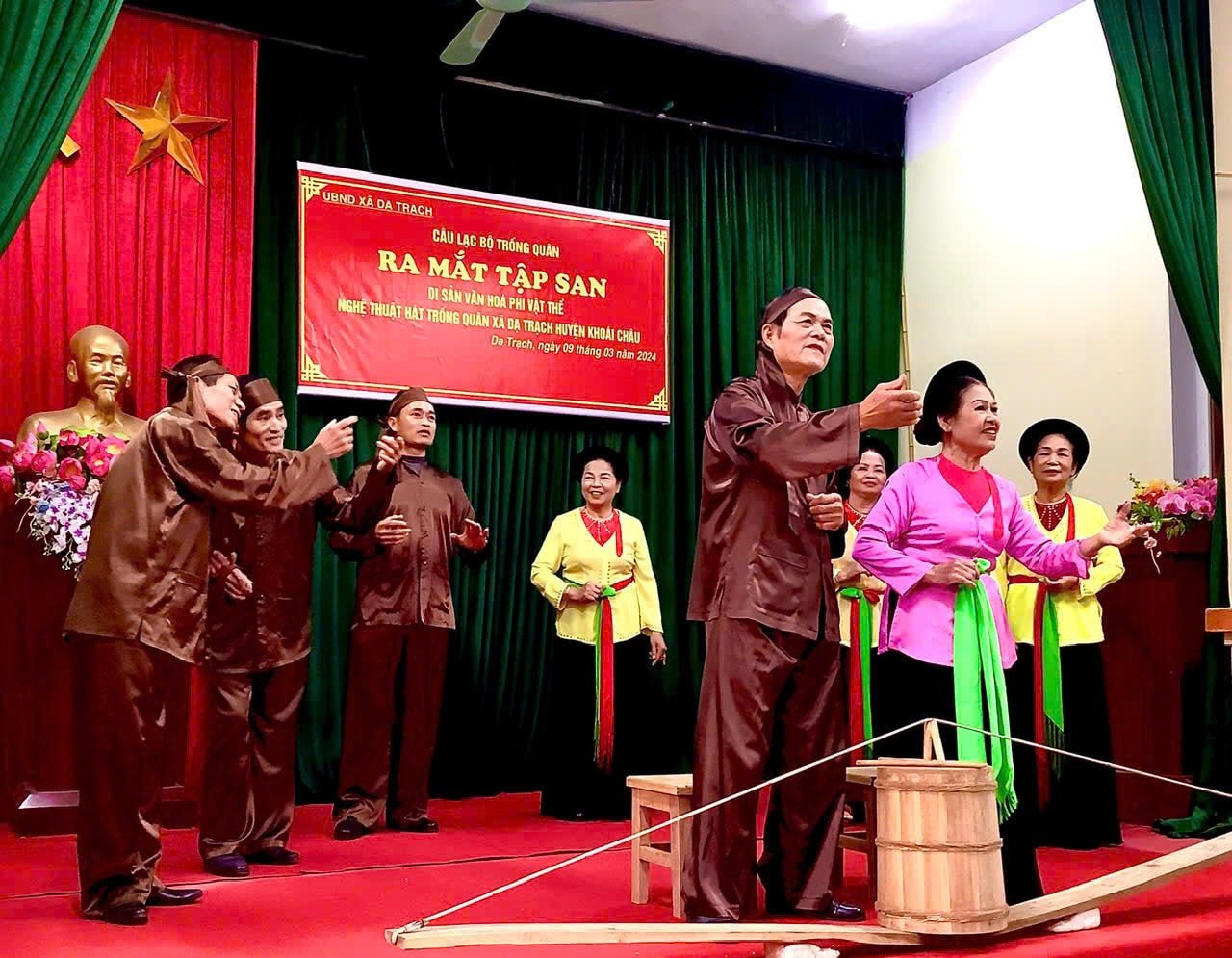



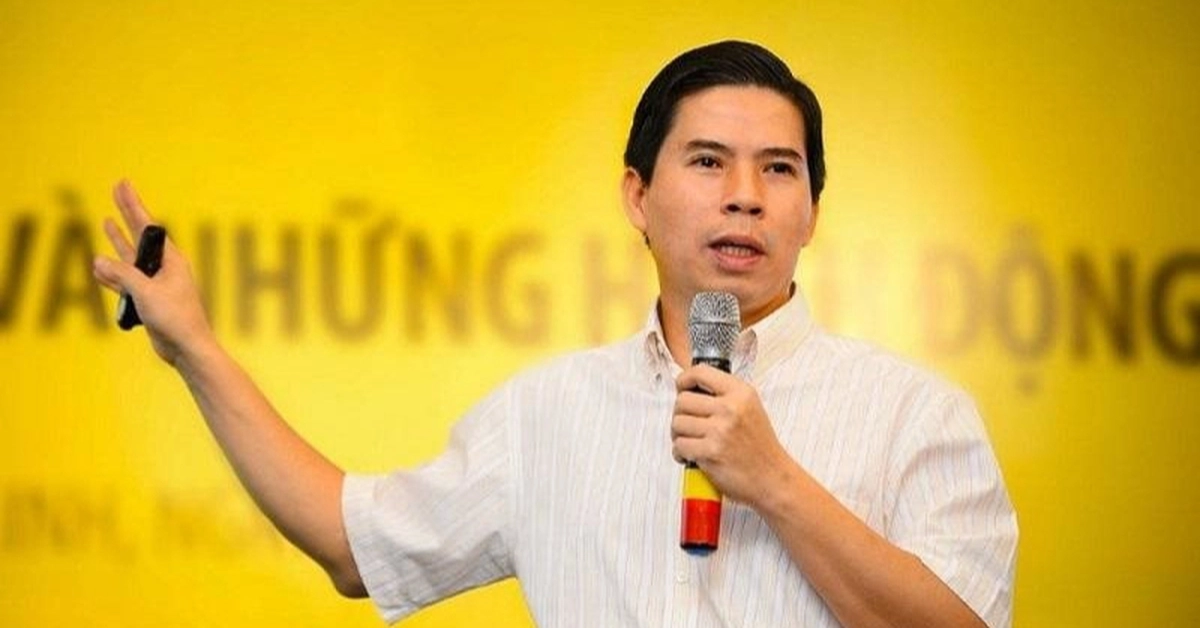

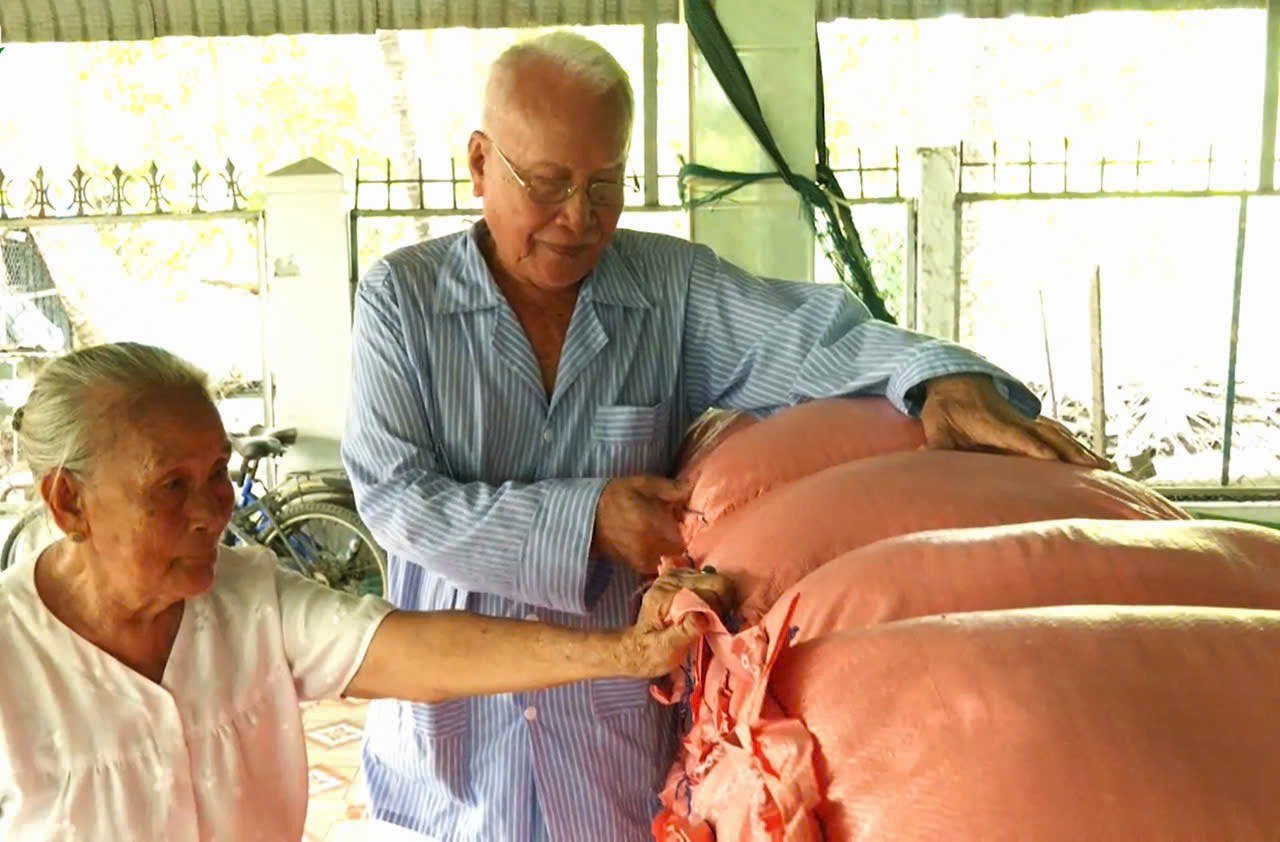

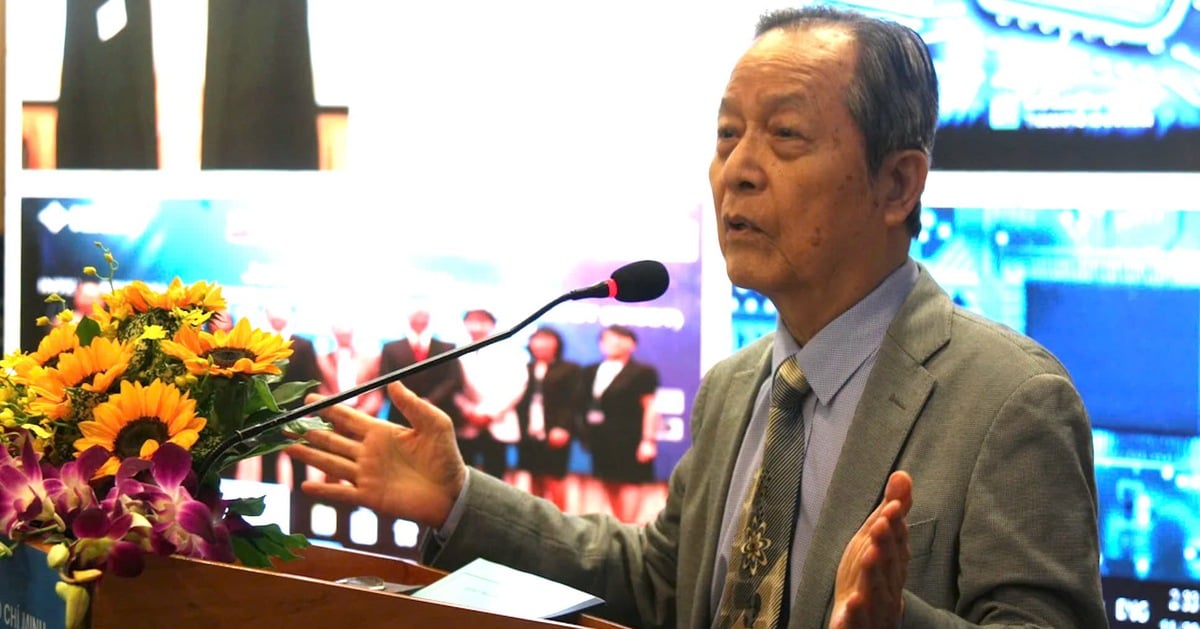
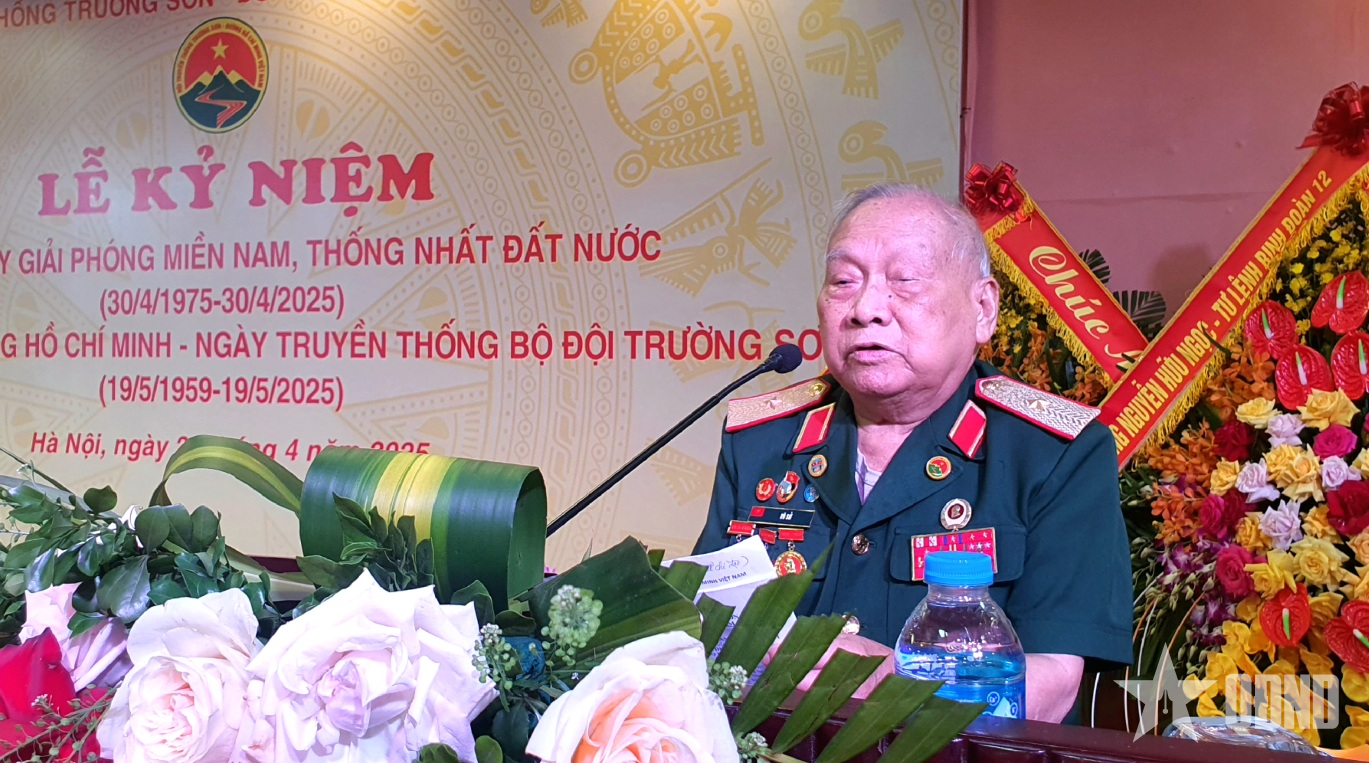



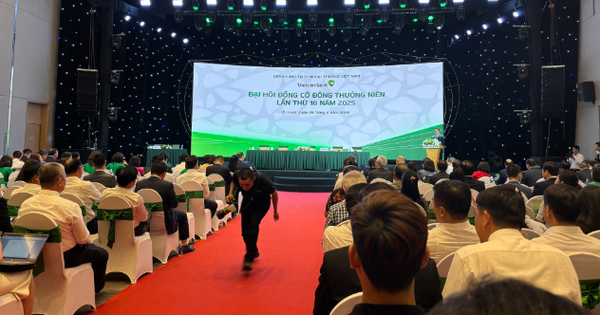


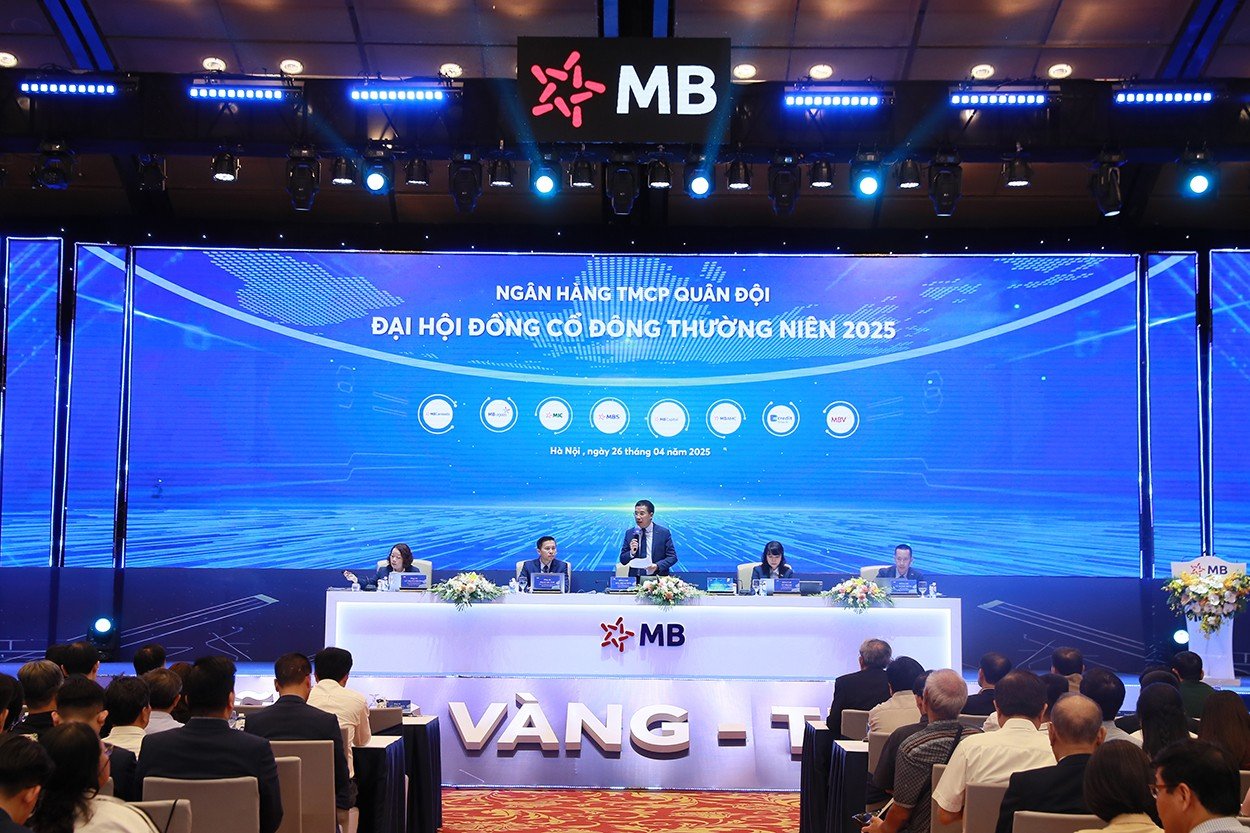
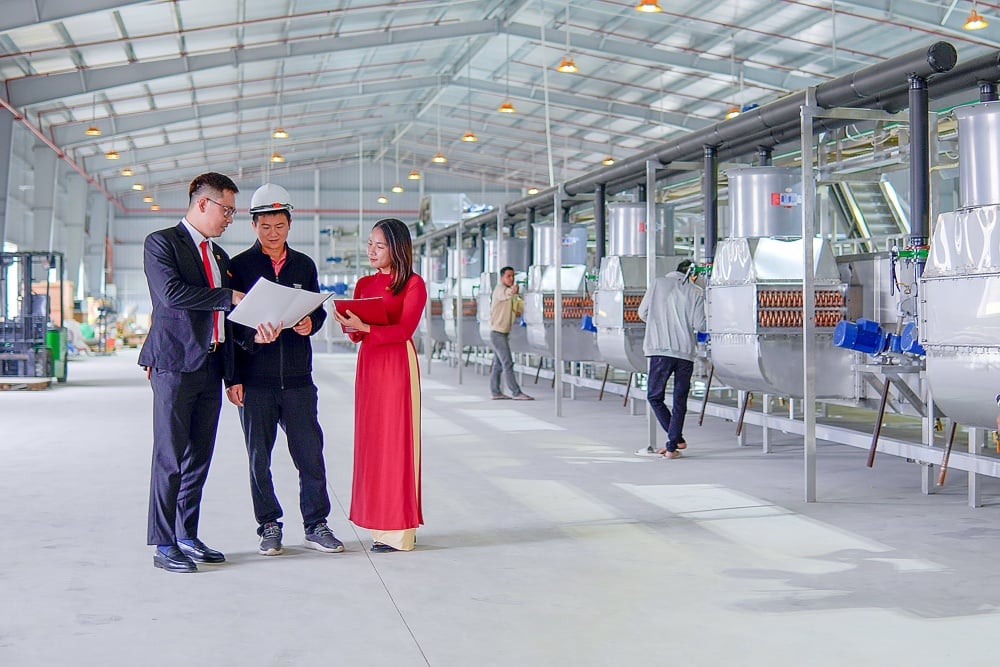

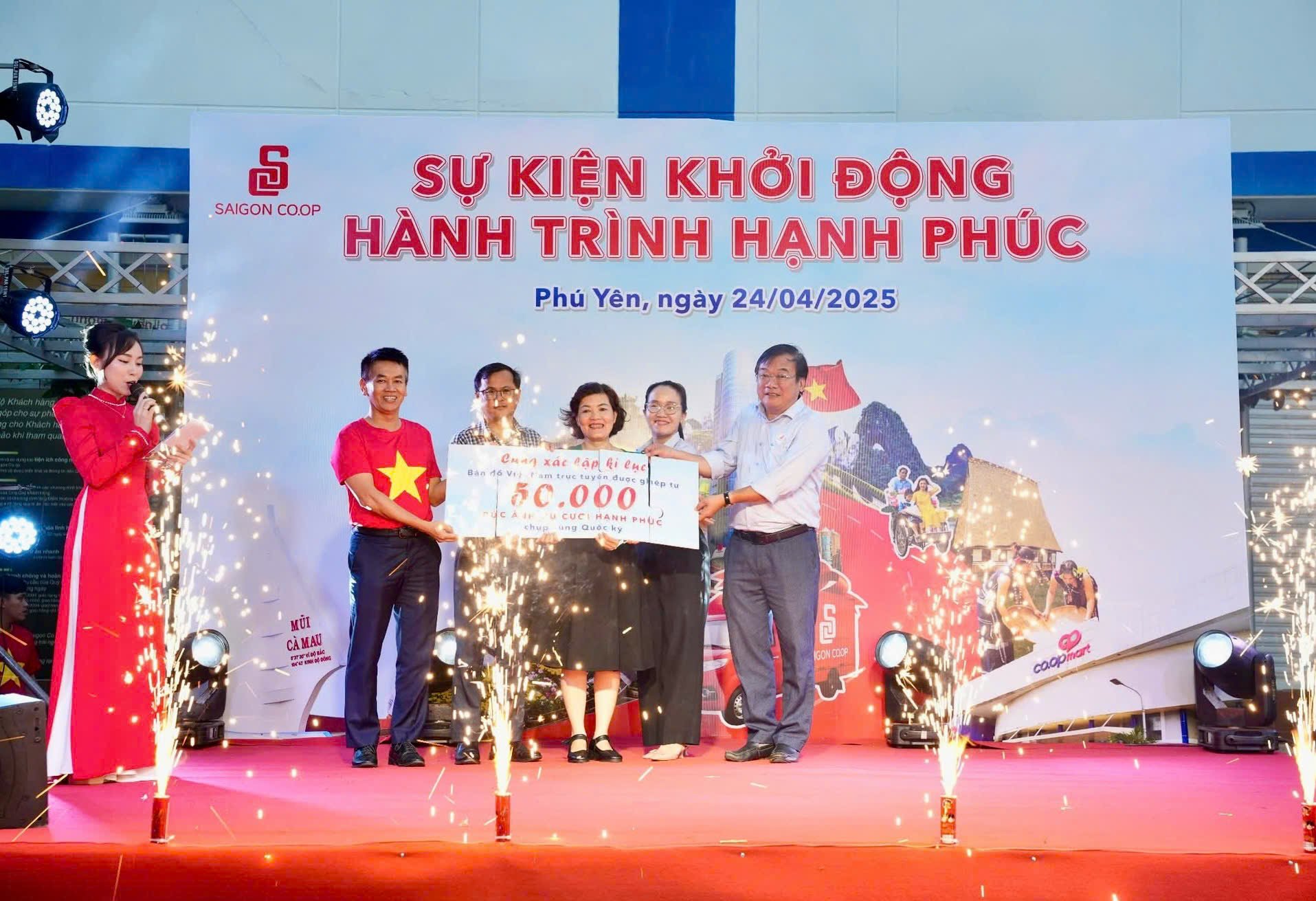




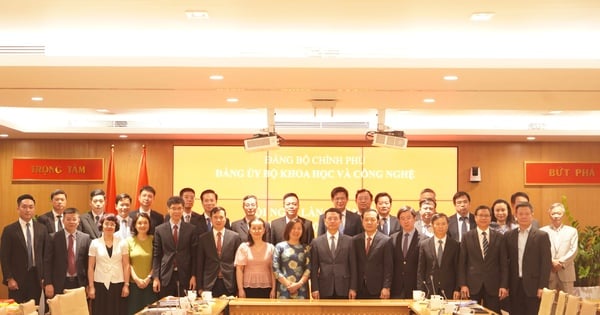

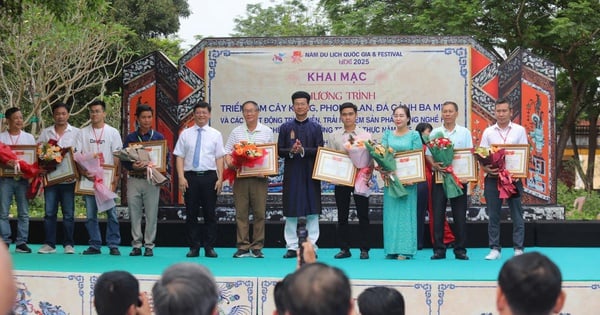


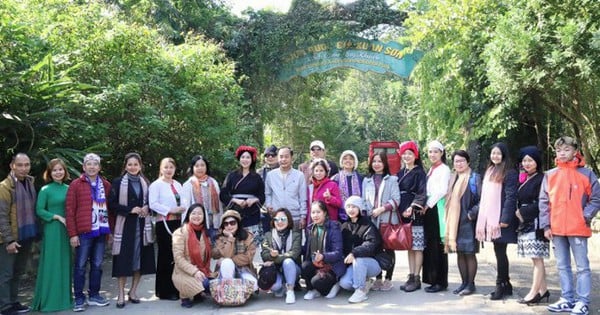

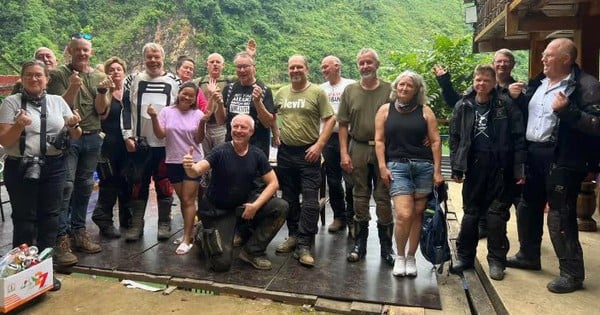
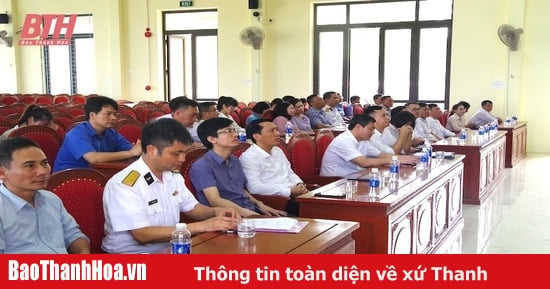

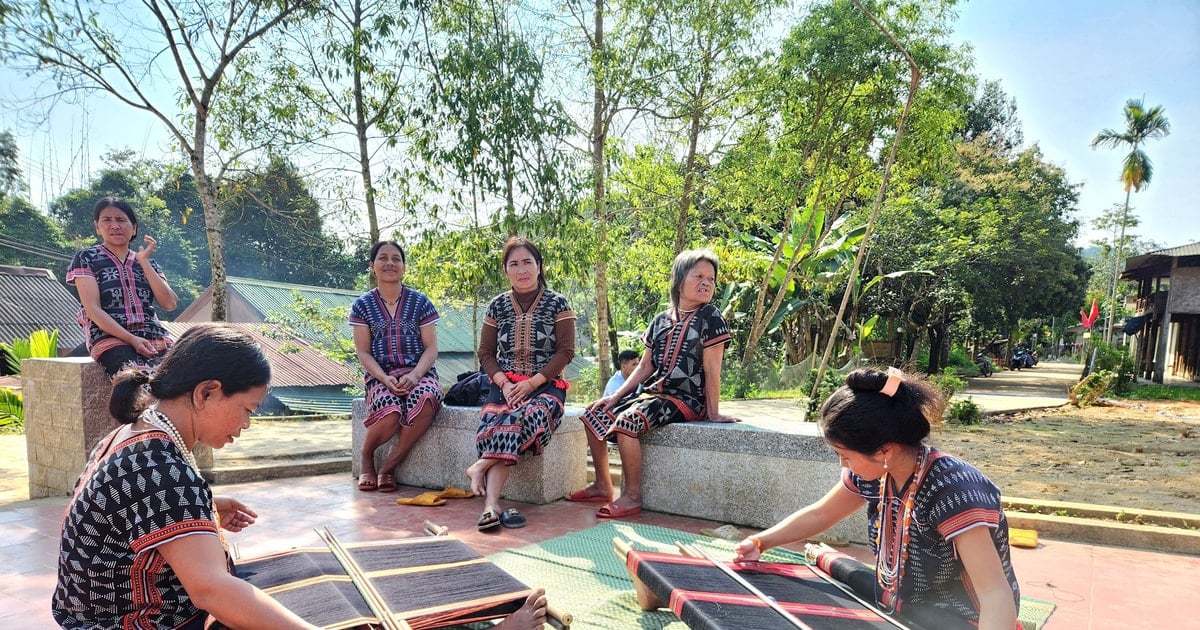

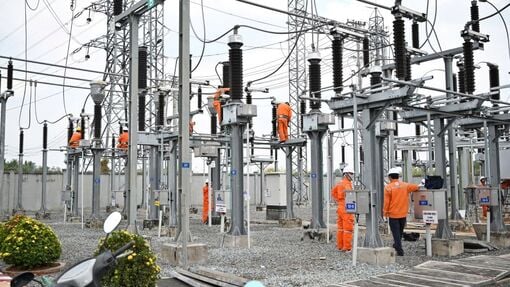




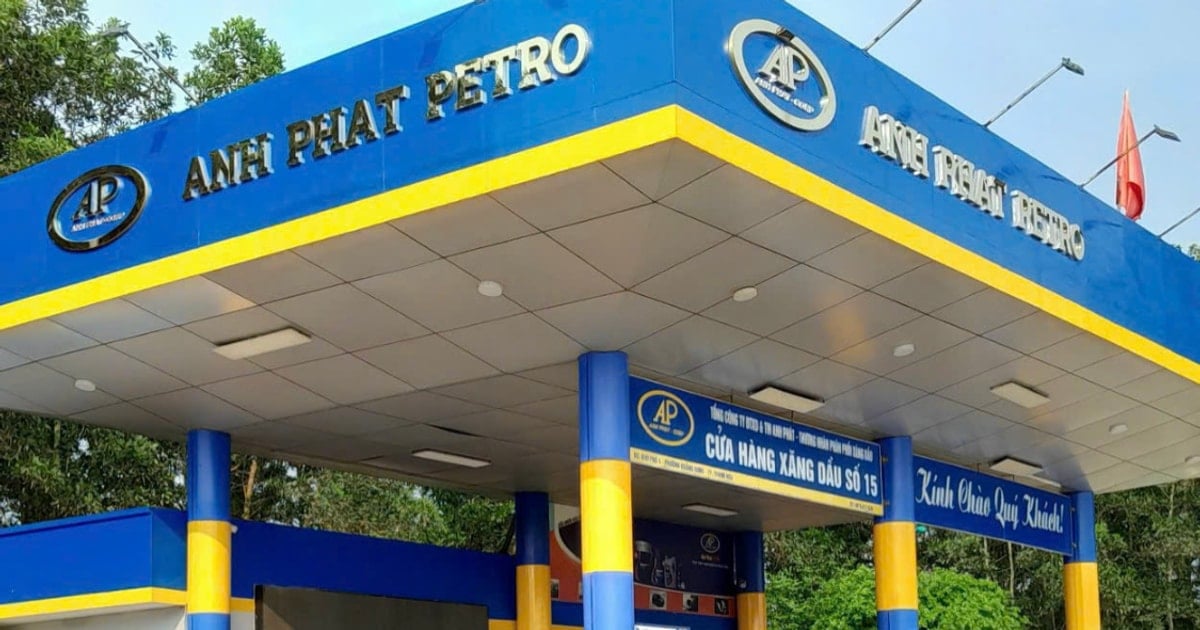


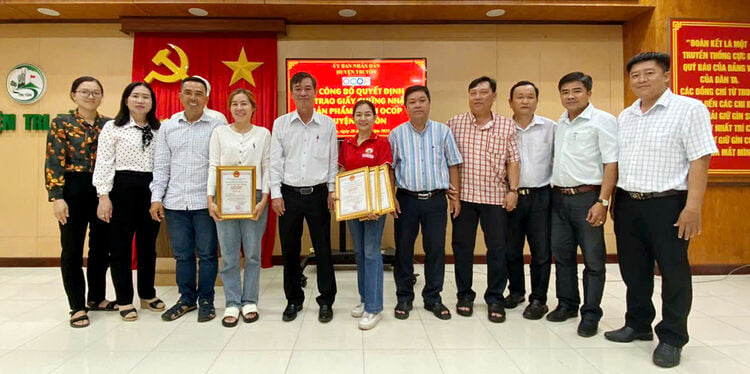

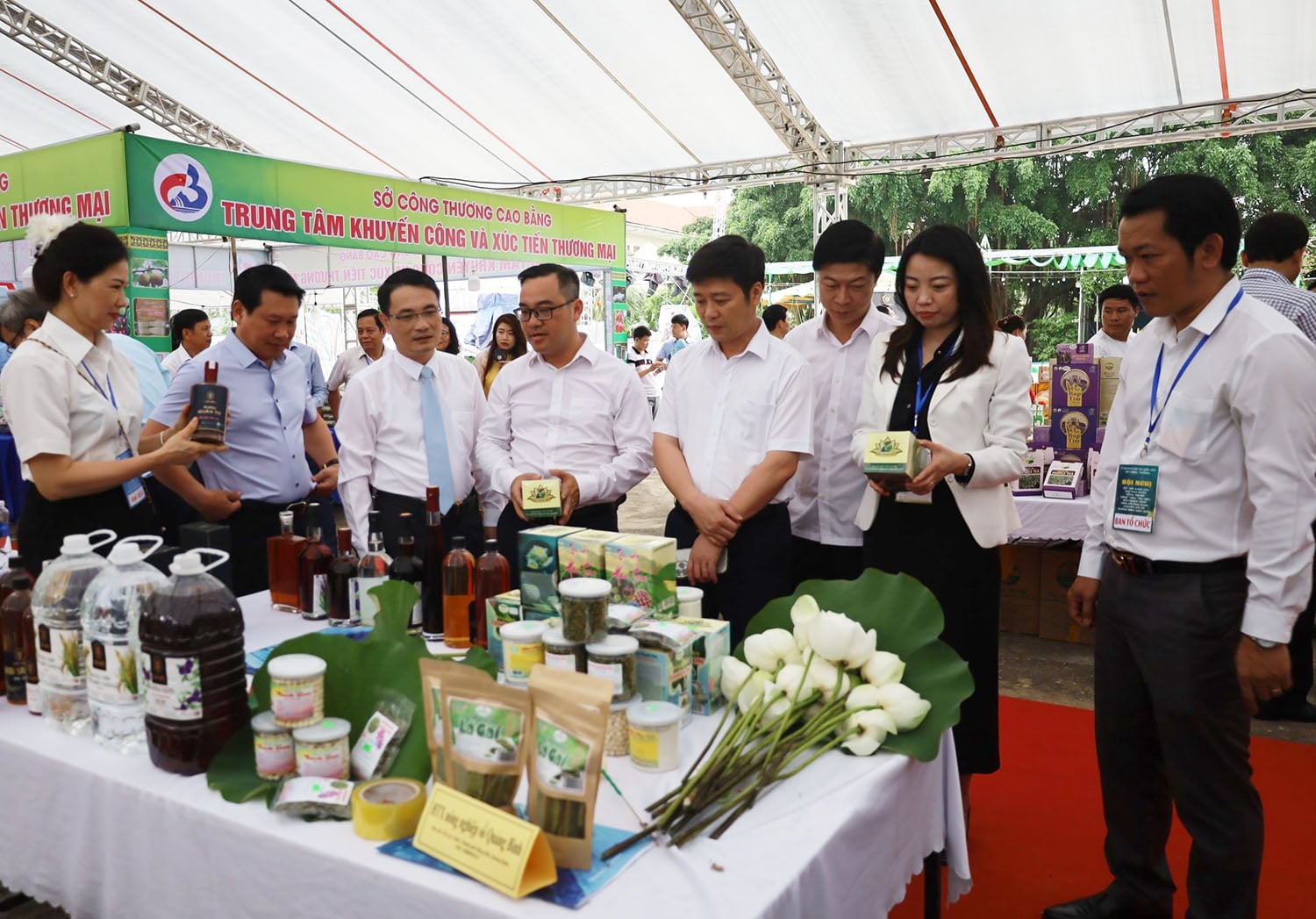



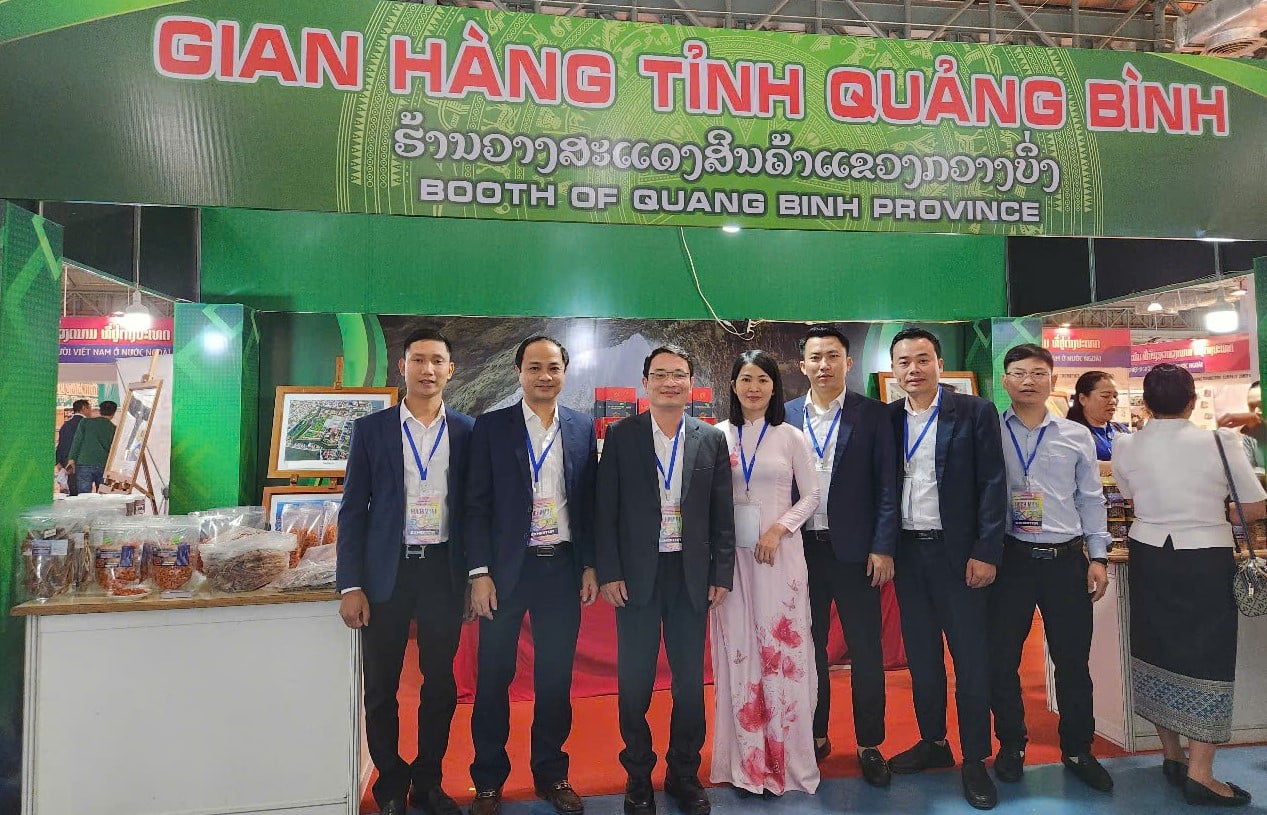
Comment (0)